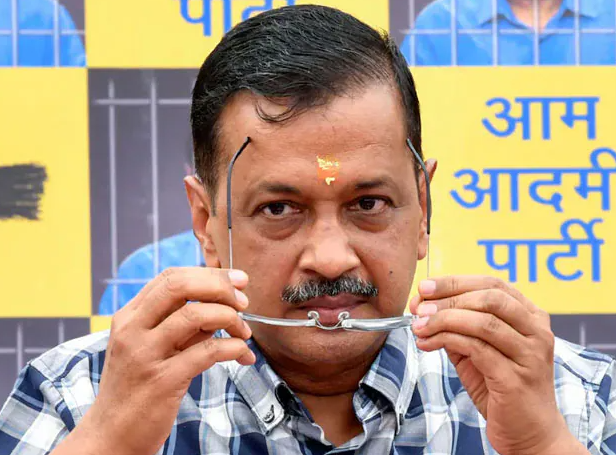In a dramatic turn of events, Arvind Kejriwal, the Chief Minister of Delhi, found himself at the center of legal controversy yet again. Recently arrested by the Central Bureau of Investigation (CBI) at Delhi’s Rouse Avenue Court, Kejriwal withdrew a petition from the Supreme Court challenging a bail stay imposed by the Enforcement Directorate (ED) in a case related to Delhi’s liquor policy.
The sequence of events unfolded swiftly. Initially granted bail by the Rouse Avenue Court, the decision was swiftly contested by the ED in the High Court, leading to a stay on his release. Kejriwal’s subsequent appeal to the Supreme Court met with a procedural roadblock, as the court declined immediate intervention, citing the ongoing deliberations in the High Court.
The High Court’s subsequent review criticized the lower court’s bail decision, emphasizing procedural lapses and insufficient consideration of legal implications under the Prevention of Money Laundering Act. This scrutiny culminated in a reaffirmation of Kejriwal’s detention, stemming from allegations that he misused funds received from liquor sellers to finance AAP’s electoral campaigns in Goa and Punjab.
Throughout this legal ordeal, Kejriwal and his party vehemently denied any wrongdoing, dismissing the charges as politically motivated. They pointed out the lack of concrete evidence despite extensive investigations by the ED.
The developments have sparked political uproar, with Kejriwal’s party accusing the ruling BJP of orchestrating a conspiracy to undermine his leadership. The ongoing legal battles highlight not only the complexities of governance but also the intense political rivalries that define India’s dynamic political landscape.
As the legal proceedings continue to unfold, the nation watches closely, awaiting further clarity on the fate of Arvind Kejriwal amidst allegations of corruption and misuse of power.

